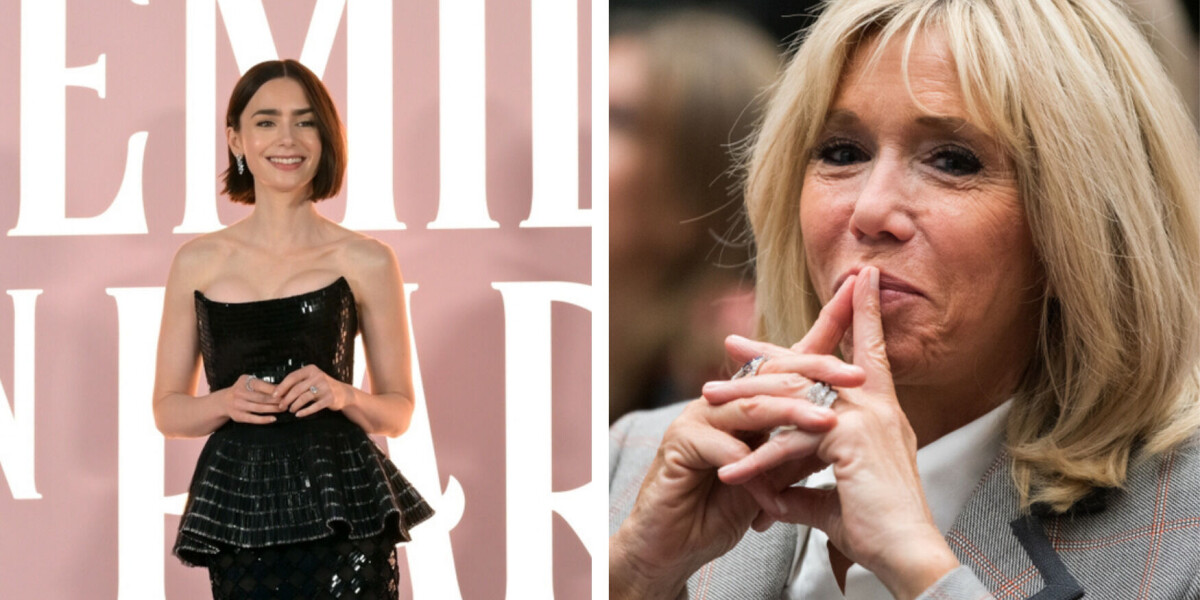
- Select a language for the TTS:
- UK English Female
- UK English Male
- US English Female
- US English Male
- Australian Female
- Australian Male
- Language selected: (auto detect) - EN
Play all audios:
Not one but two leadership elections are now under way — and it is by no means certain that the Liberal Democrat contest is less significant than the Conservative one. After all, the Lib
Dems are ahead of the field in the latest YouGov poll with 24 per cent, leading not only Labour and the Tories (both on 19 per cent) but also the Brexit Party on 22 per cent. Indeed, in the
unlikely event of an early general election — though a Sky News poll suggests that the public would like to see one when a new Prime Minister takes over from Theresa May — there is a remote
but distinct possibility of a Liberal victory. That has not happened for more than a century, but in British politics the incredible has become unremarkable. The odds must be shortening by
the day. There are only two contenders for the Liberal leadership: Jo Swinson and Sir Edward Davy. A third, Layla Moran, decided not to run after an incident six years ago came to light when
she slapped her boyfriend in public and was arrested, though never charged. Her absence is a pity, as she is a smart media performer, but her inexperience would probably have told against
her anyway: Ms Moran was only elected for the marginal seat of Oxford West and Abingdon in 2017. The party’s electoral vicissitudes are highlighted by the fact that the present leader, Sir
Vince Cable, and both his likely successors all lost their seats in 2015, only to regain them two years later. The precariousness of Liberal Democrat fortunes explains the curious fact that
Sir Edward, like Sir Vince and another of their many leaders, Sir Menzies (now Lord) Campbell, have been knighted. That honour is usually a consolation prize for ministers and other senior
politicians who lose their seats or are at the end of their careers. Sir Edward (“Ed”) Davy is, however, just 53. He was one of the authors of the Orange Book, an unofficial manifesto of
free market liberalism that heralded the renaissance of the party’s fortunes in the 2010-15 Coalition with David Cameron’s Tories. Davy served in the Cabinet as Secretary of State for Energy
and Climate Change. An indefatigable campaigner for zero carbon emissions, he tried to use market solutions to implement green policies. In this endeavour he was not always successful —
energy costs rose sharply to pay for subsidies on renewables — but Sir Edward established a reputation for competence. He is one of the grown-ups in a party that has occasionally seemed
childish. Jo Swinson, by contrast, was the “baby of the House” when she was elected in 2005 aged just 25. Schooled in the battle for survival against Scottish nationalists, she has made a
name for herself as a no-nonsense campaigner for women. Her book _ Equal Power _ espouses practical solutions rather than top-down political correctness. Having been made to stand while
heavily pregnant in the Commons, she irritated some feminists by welcoming the then Prime Minister David Cameron’s remark that she should have been offered a seat. Such gestures, she said,
were “one of life’s little courtesies”. Ms Swinson’s experience in office cannot compare with Sir Edward’s, but she worked closely with both Nick Clegg and Vince Cable during the Coalition.
In a party that has never had a female leader and is noticeably less diverse at the top than either Labour or the Tories, a Glaswegian woman under 40 would be a striking new departure as
leader. Like him, Cable’s potential successors are seen as centrists; but there is one, uniquely divisive issue on which all three are uncompromising radicals: Brexit. Brexit is also the
issue to which the Lib Dems owe their present popularity. As the party of Remain, whose slogan is “Bollocks to Brexit”, the new leader may be tempted to push the envelope. Sir Edward has
fallen into that trap by proposing a “Humble Petition” from Parliament to the Queen, asking her to revoke Article 50 in order to forestall a no-deal Brexit. Such an archaic tactic risks
embroiling the Sovereign in unprecedented political controversy, certainly against her will and that of at least half the population. The combination of a hardline Brexiteer in Downing
Street and a Remain majority in Parliament is already an unstable cocktail. Add a fiercely ambitious Lib Dem leader, eclipsing a divided Labour Party and determined to stop Brexit at all
costs, doubtless encouraged by the Speaker, and Britain would be plunged into the first real constitutional crisis of the 21st century. Whoever wins the Liberal leadership would be well
advised not to exploit the party’s current vogue to embark on such a reckless course. He or she should be aware that voters are only lending them their support as the antithesis of Nigel
Farage’s Brexit Party. The last time the Lib Dems enjoyed a poll lead over what we have hitherto called the two main parties was in 2010, after Nick Clegg impressed television audiences in
the first election debate. Alas, “Cleggmania” faded almost overnight. Either Sir Edward Davy or Jo Swinson may inherit a party that is riding high, but pride often comes before a fall. If a
hubristic leader of the Liberals were to be responsible for defying democracy to stop Brexit, they can look forward to another hundred years in the political wilderness.







